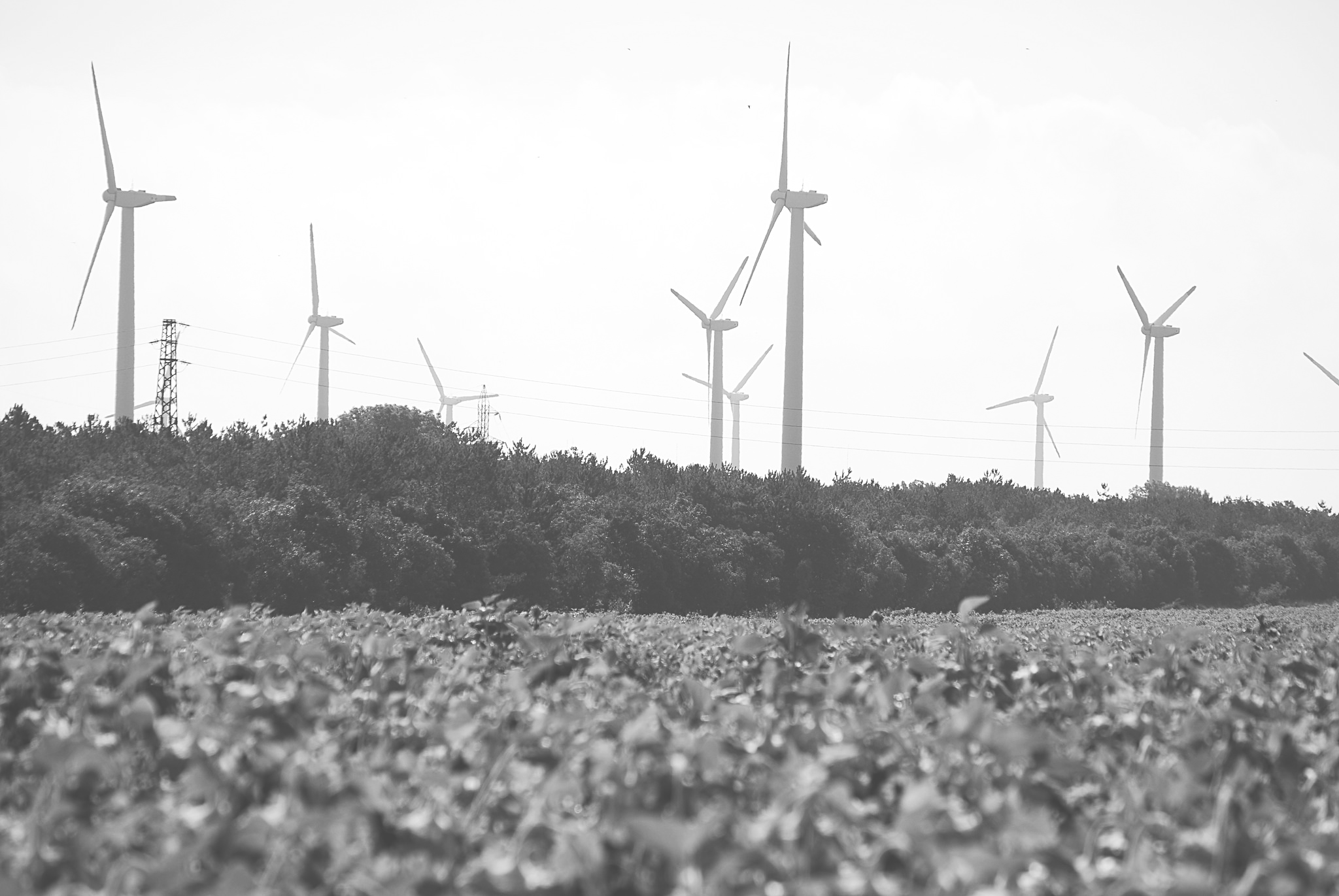Supporting transition to low-carbon and climate smart urbanization

Supporting transition to low-carbon and climate smart urbanization

REDD+—which stands for reducing emissions from deforestation and forest degradation, and the role of conservation, sustainable management of forests, and enhancement of forest carbon stocks in developing countries—debuted on the global stage more than a decade ago. The idea prompted high expectations that an approach that featured results-based incentives for reducing tropical deforestation and degradation could rapidly succeed where other approaches had failed.
Reference Source: WRI, Johnsons Control
With buildings responsible for 32 percent of global energy consumption and a quarter of CO2 emissions, there is a huge, under-tapped opportunity to create more sustainable cities through building efficiency. More efficient buildings can generate economic benefits, reduce environmental impacts and improve people’s quality of life.
A major transition of the energy sector is needed if the global issues of energy security, energy access, sustainable development and climate change are all to be adequately addressed this century. Whereas many of the policy initiatives and negotiations relating to energy and climate change are being undertaken at the national and international levels, in parallel many leading cities and towns are taking their own decisions concerning their energy destiny — and their actions are beginning to have an impact.
Resilient Cities is the global forum on urban resilience and adaptation convened in Bonn, Germany. The congress series provides an international platform to share the latest information, good practices, challenges, and innovations for creating more resilient cities. From 2016, the congress also provides an opportunity to track local progress on the resilience targets of the Sustainable Development Goals. The congress outcomes present an annual snapshot of the state of urban resilience, building on discussions and developments from previous years.
In recognition of the importance of public finance, the global community has established several “climate funds.” These funds are designed to disburse funding to developing countries to help meet the cost of climate change mitigation and adaptation. Capitalized primarily by developed countries, the funds also serve as recognition of the greater historic responsibility these countries have for current atmospheric greenhouse gases.